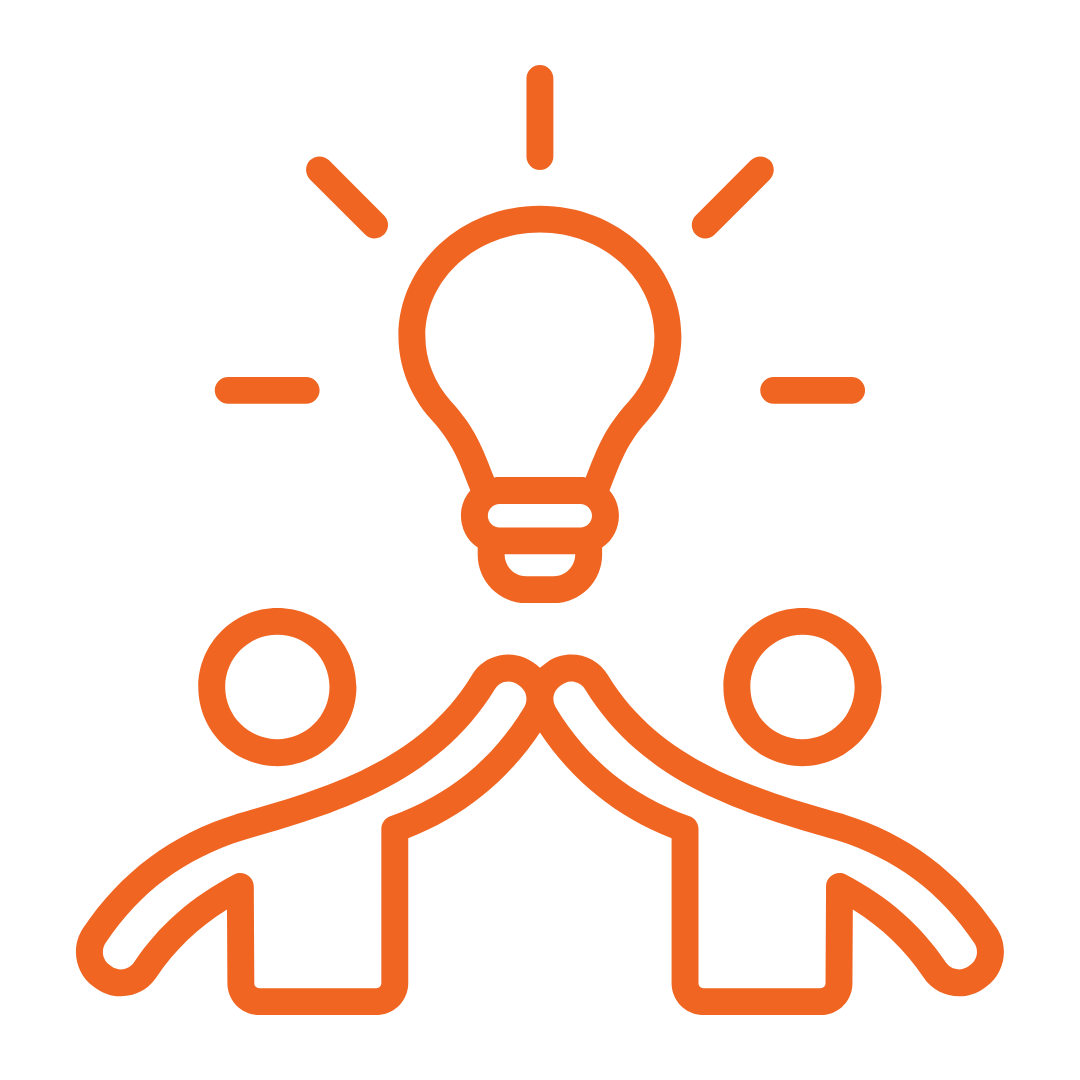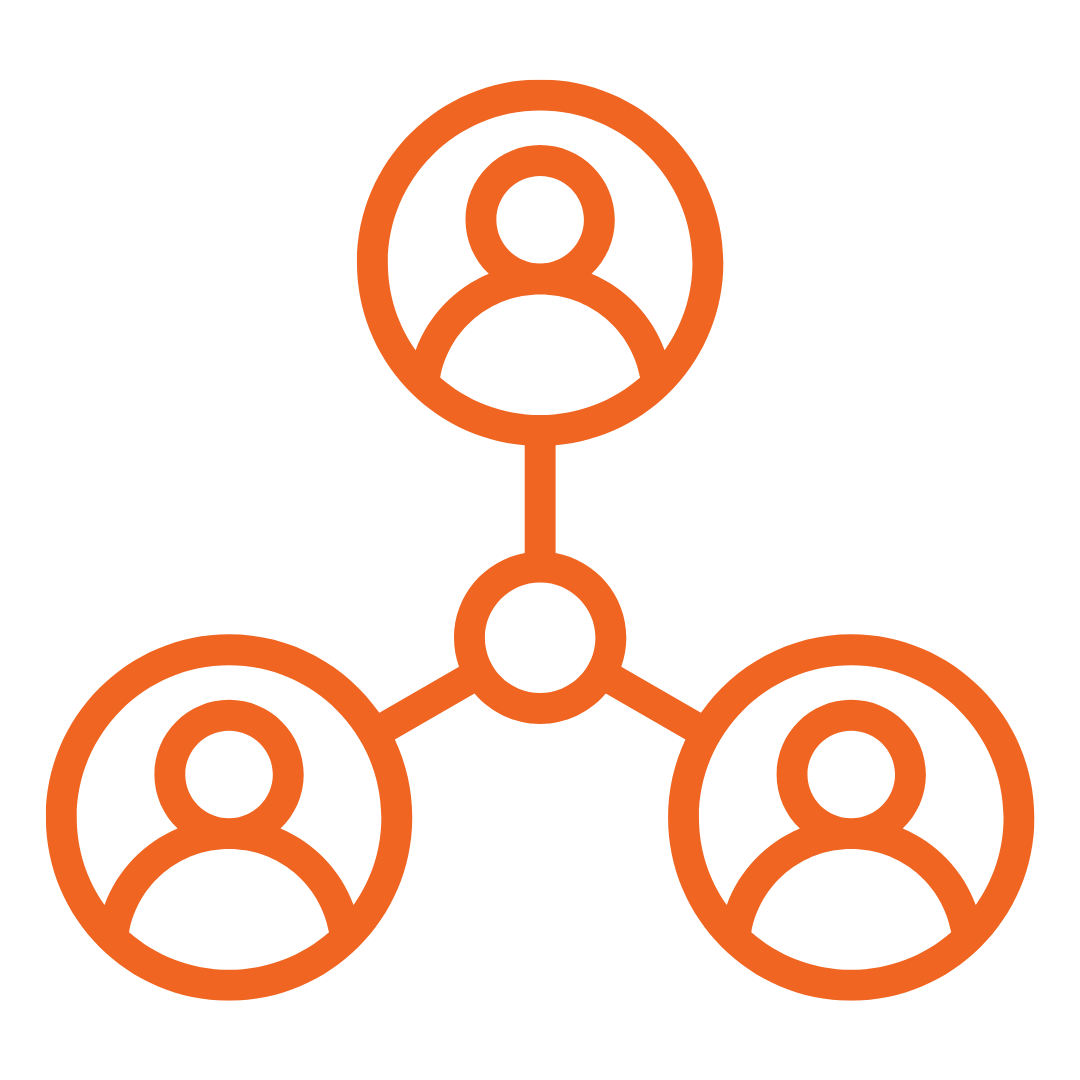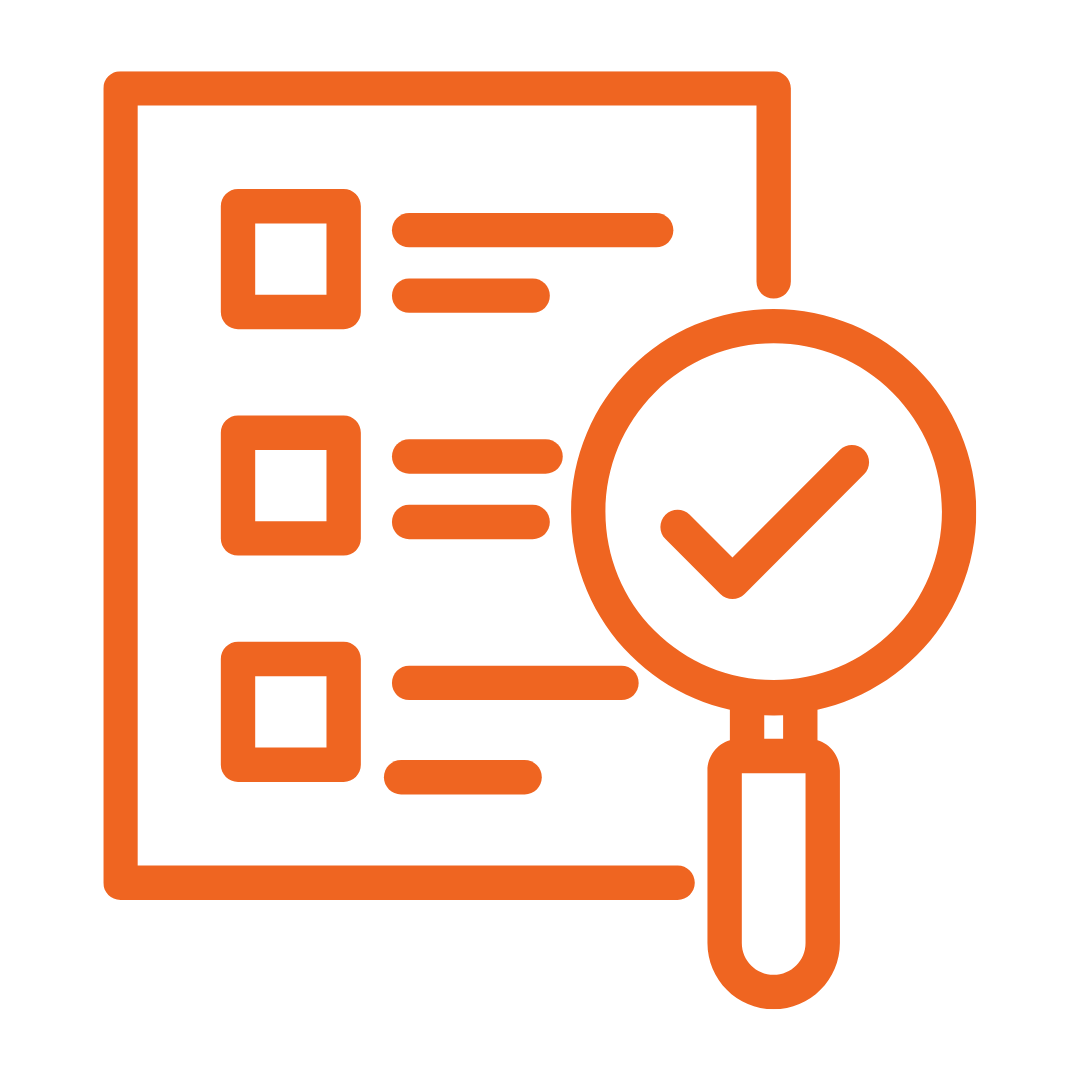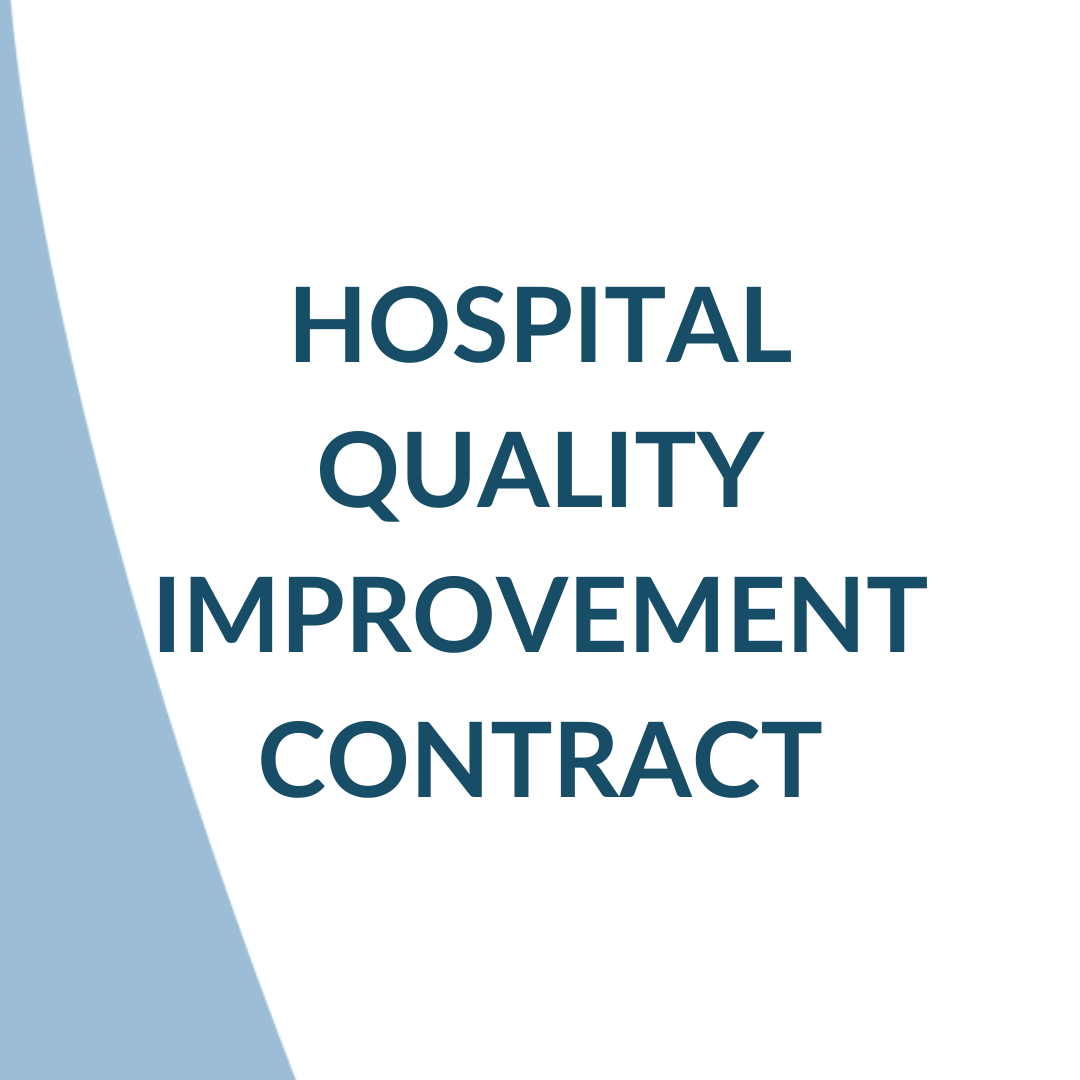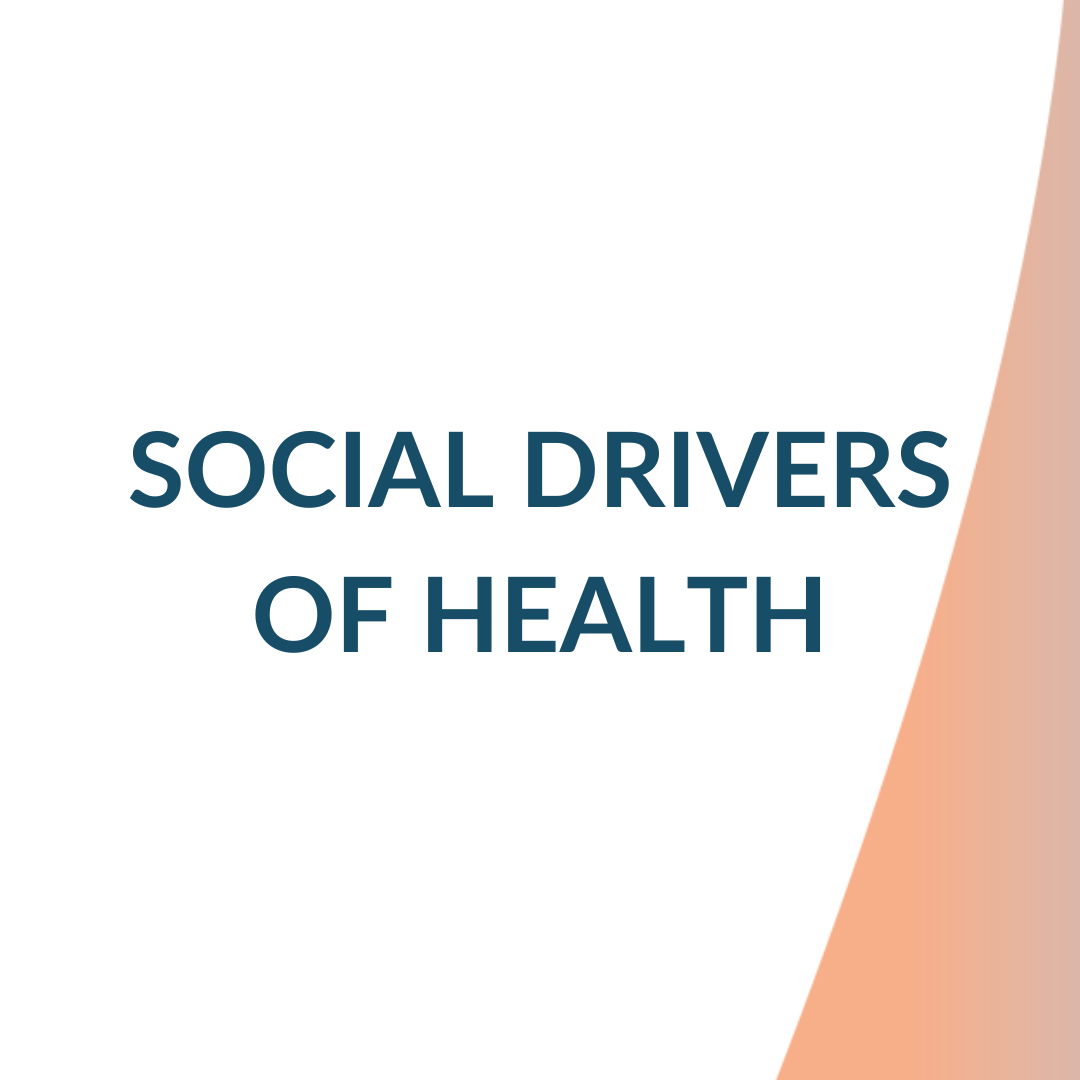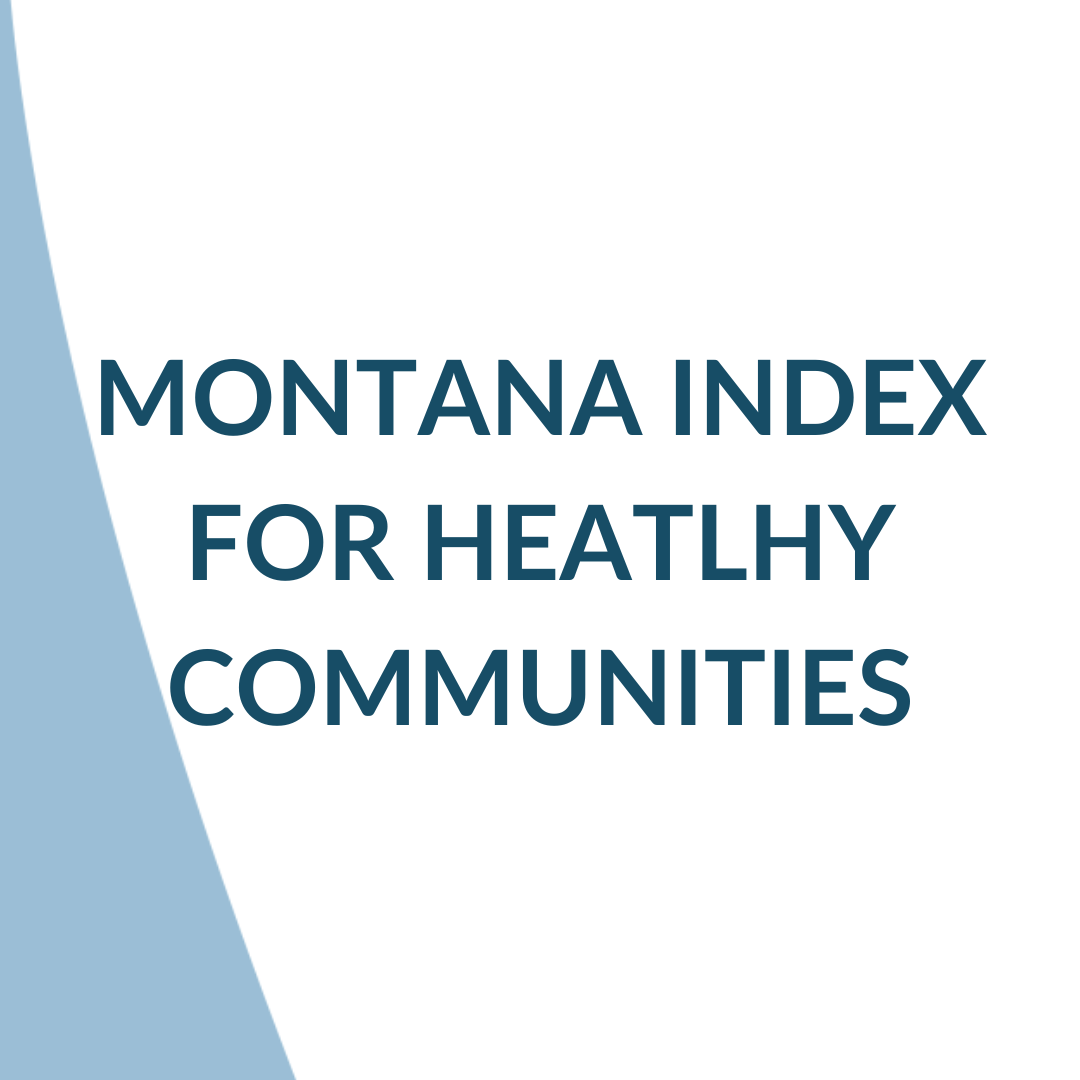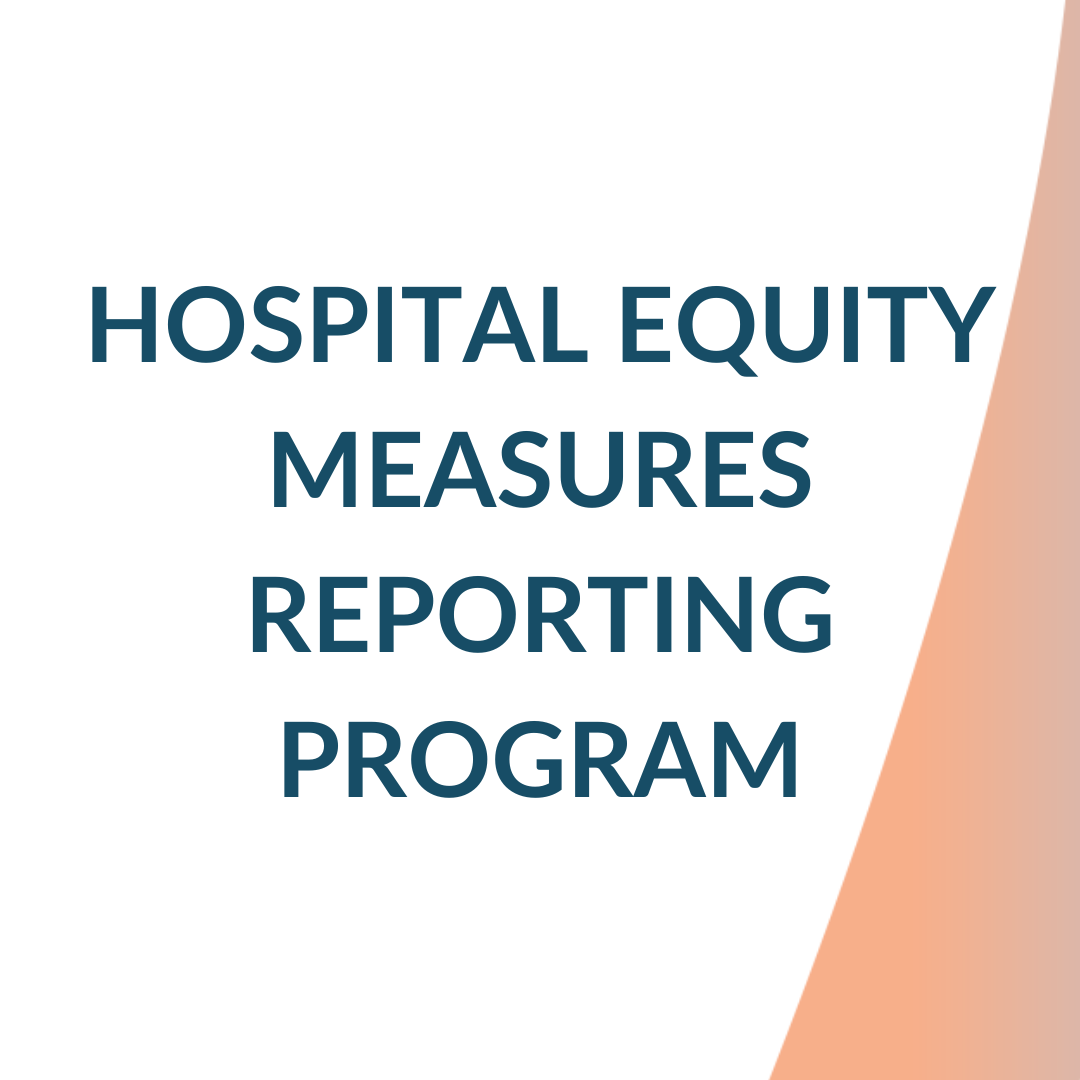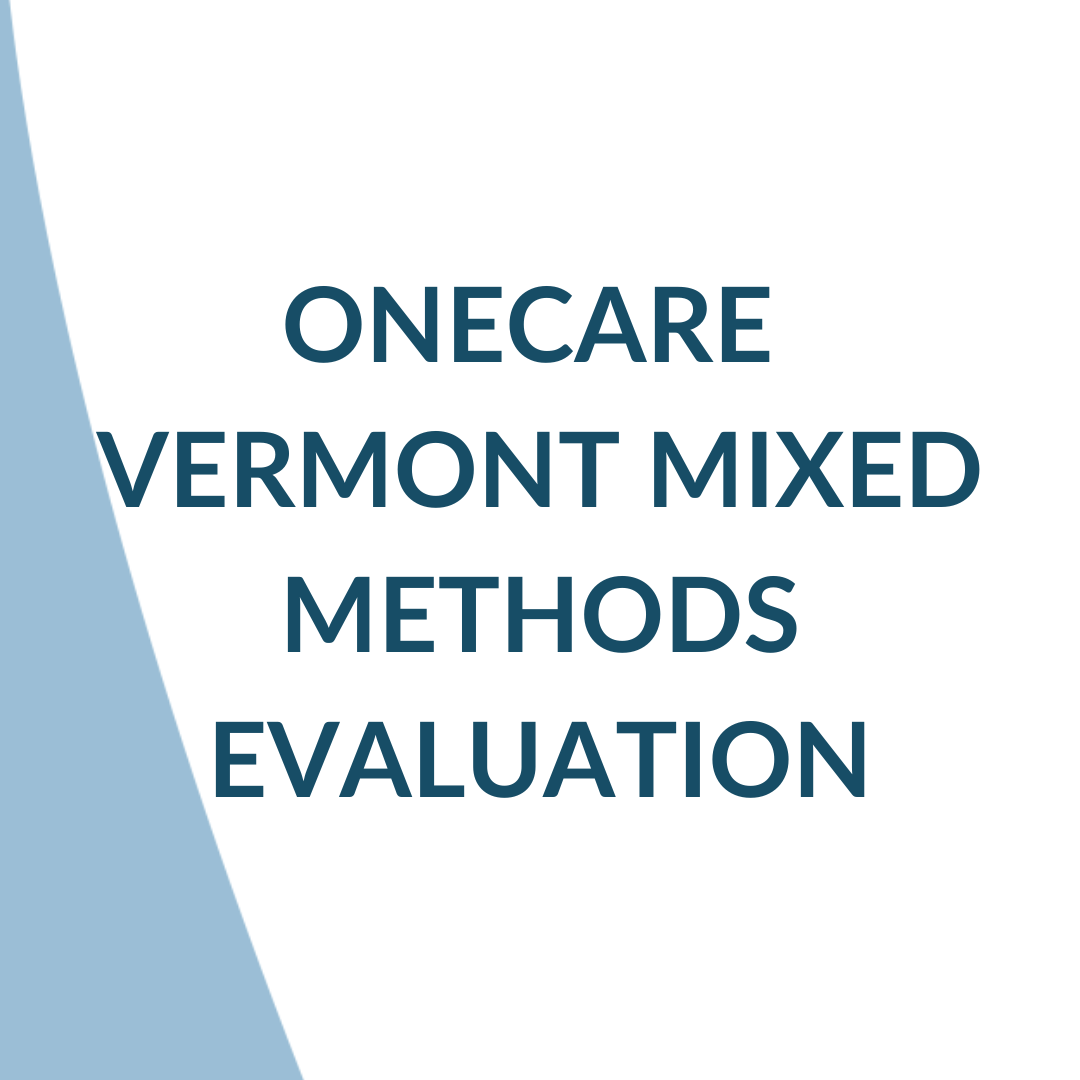Core Competencies
It’s more than just the “what” we do, it’s the “how” we do it. Convergence uses a variety of techniques to accomplish goals aligned with clients so that we can work together to improve health care. Take a look at our approaches to health improvement.
Learning Systems: Improvement at Scale
Convergence Health specializes in driving large-scale improvement in health care by combining visionary leadership, data-driven insights, and practical, evidence-based solutions. We engage clinicians, leaders, and frontline staff through tailored strategies that align with local priorities while also driving progress toward national health care goals. Our approach fosters collaboration and accountability, equipping organizations with the tools and knowledge to implement sustainable change. By leveraging trusted partnerships and regional expertise, we create resilient systems that continuously improve health outcomes, reduce disparities, and enhance patient safety across different care settings. At Convergence Health, we transform challenges into opportunities for impactful, lasting improvement.
Convening and Facilitating Stakeholders
Convergence Health excels at bringing many health care stakeholders together to drive meaningful collaboration and shared accountability. We create trusted spaces for hospitals, clinicians, patients, families, community organizations, and policymakers to align around common goals. Through inclusive facilitation and evidence-based strategies, we foster open dialogue, co-design innovative solutions, and build strong networks that amplify collective impact. By engaging local and national partners, Convergence ensures that every voice is heard, empowering stakeholders to overcome challenges and create sustainable improvements in health and care delivery.
Learning and Evaluation
Convergence Health's program evaluation experts collaborate with clients to understand what is happening and why. Our team is skilled in mixed methods analyses that support iterative improvement through illuminating both barriers to optimal implementation and bright spots of excellent performance. We collaborate with clients to answer their most pressing questions and uncover insights that will allow you to drive improvement faster and more efficiently.
Actionable Analytics and Sensemaking
At Convergence Health, we transform complex data into actionable insights that drive meaningful improvement. Our approach to data sensemaking goes beyond analysis—integrating local context, organizational goals, and stakeholder input to uncover the stories behind the numbers. By pairing advanced analytics with collaborative interpretation, we help health care teams identify opportunities, track progress, and implement evidence-based changes with confidence. With a focus on transparency and accessibility, Convergence ensures that data becomes a powerful tool for decision-making and lasting impact.
Core Competencies in Action
We apply these core competencies into all our working strategies, customizing directly with organizations to address their needs in the most effective way possible. Here are some examples of how we have applied some of these core competencies into our work with our clients around the nation.
Convergence Health held the largest Hospital Quality Improvement Contract (HQIC), a CMS-funded initiative to drive improvements in quality and patient safety in hospitals across the country. From 2019-2024, the Convergence HQIC engaged 300 hospitals across 10 states, mostly small, rural, critical access, or safety net facilities. Participating hospitals implemented customized improvement activities guided by peer-to-peer learning, one-on-one coaching, on-demand training modules, innovative mentorship programs, and practical tools. Convergence HQIC hospitals decreased opioid adverse events by 30 percent, all-cause patient harm by 20 percent, and unnecessary hospital readmissions by nearly 4 percent.
Convergence Health designed an adaptable learning collaborative to guide hospitals in standing up their programs to screen for and address patients' social drivers of heatlh (SDOH). Hospitals across Alaska, Montana, Idaho, and Alabama participated in multi-session learning collaboratives to strengthen their screening programs. Hospitals in nearly every state in the country have participated in Convergence's free national webinars on SDOH screening.
Convergence collaborated with the Montana Health Research & Education Foundation to develop the Montana Index for Heatlhy Communities, a health and social needs index that quanitfies the social, economic, and health care-related factors that influence the health of Montanans. Guided by an advisory committee comprised of partner organizations across the state, our analytic team built an index that helps hospitals and communities deepen understanding of their community's needs. Implementation experts from Convergence then worked with pilot sites across Montana to test how to use data from the IHC to drive improvements in community health. Learn more here: https://www.montanaihc.com/
Convergence experts in quality measurement and health equity have consulted with the California Office of Health Care Access and Information to support their implementation of the Hospital Equity Measures Reporting Program. Convergence team members presented and facilitated discussion at multiple Hospital Equity Measure Advisory Group meeetings and offered insight on how to balance the priorities and goals of various constituencies as HCAI selected a measure set for the program. Learn more here: https://hcai.ca.gov/data/healthcare-quality/hospital-equity-measures-reporting-program/hospital-equity-measures-advisory-committee/
Convergence collaborated with OneCare, the sole accountable care organization (ACO) in the Vermont ACO All Payer Model, to conduct mixed methods evaluations of multiple OneCare programs intended to increase care coordination, improve performance on quality metrics, and decrease health care costs. Our team convened an Evaluation Advisory Group of leaders across OneCare to ensure evaluation findings effectively translated into program improvements. Through this collaborative approach, our team gained a deep understanding of program nuances and history which allowed us to design relevant, impactful research questions. Findings from some of the OneCare evaluations are publicly available here: https:/www.onecarevt.org/aco-results/
How Might We…Improve Health Care Together?
Below are examples of how the Convergence team collaborates with partners and clients to dream up creative approaches and apply proven strategies to address complex challenges. We apply our core competencies across a range of topic areas to craft solutions that meet your unique needs.
-
THE CHALLENGE: Your state wants to improve quality and safety scores for the bottom quartile of nursing homes in your state.
Ways Convergence can help:
Convene & facilitate stakeholders:
Recruit an advisory committee with diverse perspectives (nursing home staff and leaders, ombudsmen, local health agencies, state and local nursing home agencies or associations, patients and family caregivers) to uncover challenges, set goals, and establish priority areas for action.
Facilitate quarterly meetings to strengthen understanding across organizations, report on progress, and cultivate collective accountability for outcomes.
Analytics & sensemaking:
Combine datasets (such as medical claims, clinical data, survey findings, and area-level demographic and social needs data) to identify the lowest performing nursing homes based on a balanced set of metrics.
Use statistical methods to investigate internal and external drivers of poor quality and safety outcomes.
Host listening sessions, focus groups, or interviews to gather qualitative information from clinicians, staff, leaders, and patients that support enhanced interpretation of the quantitative data.
Improvement at scale:
Host a virtual learning collaborative to build organizational capacity in the science of quality improvement and use PDSA cycles.
Promote peer-to-peer learning through highlighting “bright spots” or organizations that are demonstrating progress.
Complement the virtual learning collaborative with site visits at high priority facilities. Experienced improvement advisors will deliver customized technical assistance and engage teams in co-designing sustainable solutions.
Launch a quality leader mentorship program to increase knowledge and share best practices, especially for leaders that are new in their roles.
Create practical tools, templates, and resources to show how to implement evidence-based practices.
Learning & evaluation:
Use surveys, interviews, and focus groups to understand what methods are effective and which can be improved
Create facility-level reports (such as run charts) to track progress over time. Annotate run charts to identify where a change led to an improvement.
Use statistical methods to understand patterns in performance across the cohort. Follow up these findings with qualitative investigation to understand the actions that led to improvement.
Experience to build on: Hospital Quality Improvement Contract, Cal Long Term Compare
-
THE CHALLENGE: Your hospital association wants to help hospitals in rural and frontier communities understand the social, economic, and health care needs of their patients.
Ways Convergence can help:
Convene and facilitate stakeholders:
Engage partners across the state with diverse expertise and perspectives in planning and design sessions.
Ensure a structured approach to gathering and incorporating input.
Use regular advisory council meetings to build awareness and excitement among partners, which will help to socialize and increase spread of the solution.
Analytics and sensemaking:
Design a new social needs index to characterize both health care and socio-economic factors that correlate with life expectancy at birth.
Assess the feasibility of various data sources, including medical claims, clinical data, social drivers of health data sets, demographic data sets, geographic indicators and more.
Engage advisory council in assessing the utility and relevance of various metrics to understand social and economic needs.
Use epidemiological and statistical methods to create reports that show variation within and between communities to highlight opportunities for improvement efforts.
Improvement at scale:
Convene health care leaders, social service providers, community based organizations, and more at a community meeting to review data and choose a focus area for improvement.
Host a virtual learning collaborative to guide hospitals in implementing an improvement project that addresses social needs highlighted in the data.
Create a framework and tools to help hospitals strengthen partnerships with community-based organizations, social service providers, local business, and people with lived experience.
Publish case studies and tip sheets based on experience that disseminate lessons learned and recommendations to other facilities.
Learning & evaluation:
Employ validation techniques to ensure utility of the social needs index.
Systematically collect feedback from all learning sessions to understand which activities most helpful to hospitals.
Experience to build on: Montana Index for Healthy Communities
-
THE CHALLENGE: Your accountable care organization wants to offer technical assistance to primary care providers to help them identify and treat substance use disorders.
Ways Convergence can help:
Convening and facilitating stakeholders
Identify and hold interviews with influential provider, advocacy, and patient groups to uncover barriers and promising solutions.
Recruit a small advisory group of influential local leaders (for example from large medical groups, FQHCs, or local rural health associations) to develop priority areas, goals, and commit funding to improvement efforts.
Intentionally engage new partners or re-engage those who have been excluded from improvement efforts.
Analytics and sensemaking
Mine existing data sources (such as health information exchanges) to identify current indicators of substance use disorder screening, referrals, or treatment (such as buprenorphine prescribing and concurrent naloxone dispensing).
Use publicly available data to conduct a preliminary assessment of the state of screening and treatment.
Leverage our longstanding collaboration with PFCCpartners to host listening sessions with patients, family caregivers, and people with lived experience. Collect their ideas for how primary care practices can better meet the needs of patient with SUD.
Improvement at scale
Deploy an honor roll self-assessment tool to allow organizations to report their processes and practices. Celebrate achievement and improvement through a public recognition program.
Facilitate regional virtual improvement collaboratives for primary care practices. Coach practices through using PDSA cycles to increase testing and/or treatment for SUD.
Host regional in-person meetings to convene partners, highlight bright spots, and codesign solutions to persistent challenges.
Explore the impact of stigma in identifying and treating SUD through innovative learning events that pair clinicians and health care leaders with people with lived experience.
Learning & evaluation
Create facility-level reports with monthly data on select process and outcome metrics. Stratify data by demographic categories to support identification and elimination of disparities.
Disseminate bright spots in performance and improvement to inspire other practices.
Experience we can build on: Cal Healthcare Compare Opioid Honor Roll
-
THE CHALLENGE: As a CMS Learning System contractor, you want to design a learning system that supports awardees in the Transforming Maternity Health Model (TMaH) to achieve improved outcomes for mothers and babies.
Ways Convergence can help:
Convening and facilitating stakeholders
Facilitate connections with subject matter experts across the wide range of partners involved in the model, such as the California Maternal Quality Care Collaborative
Analytics and sensemaking
Use national or state datasets to identify “bright spot” communities with outstanding performance, especially in underserved communities and those with high rates of Medicaid beneficiaries
Collaborate with community-based organizations, provider organizations, and patients to uncover the specific practices, resources, or systems that enable their high quality and safety scores.
Improvement at scale
Source subject matter experts in topics across the breadth of the model, including hospital quality and safety experts; people with lived experience; midwives, and more.
Design engaging and action-oriented virtual events such as shared learning webinars (highlighting bright spots in performance), affinity groups (a regular series focused on one topic), and action groups (multi-session series with facilitated implementation of an improvement project).
Produce case studies and tip sheets that highlight and disseminate lessons learned that can accelerate improvement across model participants.
Learning & evaluation
Offer expert insight on trends in performance across the model, for example drawing on our deep knowledge of health care in rural communities or specific challenges at safety net facilities
Use feedback mechanisms, such as a needs assessment, post-event surveys, and on-going conversations with model participants to identify opportunities to improve learning events.


